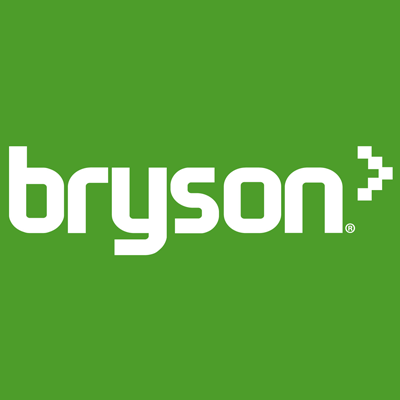Are you a medium or large company? New off-payroll working rules come into force on 1 April 2020
The new off-payroll working rules come into force for medium and large companies but the changes which result will impact on people working through their own limited companies, so some small companies will feel the heat too. These new rules come into force on 1 April 2020.
Over the years many people in construction have been encouraged to form their own limited companies and to contract for other firms via that limited company. The incentive was to avoid PAYE and more particularly employers and employees NIC. HMRC tried to control the loss of tax and NIC with rules known as IR35 but have now concluded that the IR35 legislation failed. They estimate that only 10% of people who should be paying tax under the current off-payroll working rules (IR35) are doing so correctly and that currently, an individual with an income of £50,000 who works through their own company, but doesn’t follow the rules, will contribute about £6,000 less than somebody doing a very similar job as an employee. That is why new rules have been introduced.
The rules apply to medium and large companies (more than 50 employees, more than £10.2 million turnover, more than £5.1 million on balance sheet).
Before 1 April 2020 those businesses must test everyone working on their sites and in their offices who is not already in PAYE. They must decide whether the nature of the work they do and the way it is supervised would mean that if they worked directly for the company, PAYE would be appropriate. Employers can do the test using an online tool designed by HMRC called the “check employment status tool (CEST).
If CEST shows that PAYE would be appropriate, the employer must tell the firm supplying the worker that PAYE should be applied to the income. If the firm told is an intermediary they must pass the message on. What gives this legislation its bite is that if PAYE is not deducted from the workers earnings at some part of the chain, the liability to pay any arrears falls on the first company – the company where the person works and the one that did the CEST test.
In most firms there will not be a lot of tests to be done. The list of working people will exclude everyone in PAYE. Then the firms providing subcontractors like cleaners and admin assistants will be approached, who will generally confirm that PAYE is applied.
The important areas to address are the workers working for you through their own limited companies who do not provide substantial materials or other labour. Then there are the agencies who supply workers who again themselves provide no substantial equipment, material or other workers. It is essential that these businesses are told that the worker has failed the CEST test and should have PAYE applied to any payments made and that the supplier of labour should confirm to you that this is being done. You do not want liability to PAYE building up outside your control. Your firm will be responsible for any unpaid PAYE unless you can show you took sensible measures to ensure the law was complied with.
The fact that the end user of a worker could be required to pay any outstanding PAYE for a worker that they have received via an agency or via that workers own limited company is why it is very important to test whether workers working for you who are paid via their own limited companies or via agencies, would be in employment if they worked directly for you. Act now, talk to your accountants, consider who works for you through their own limited company, or what labour you use comes through agencies and whether PAYE is being applied, or whether workers supplied through agencies and intermediaries are also using their own personal services companies.
Source: The FIS



